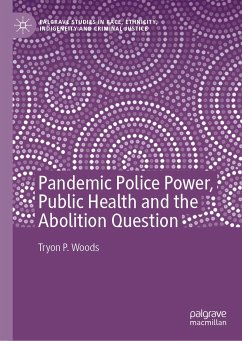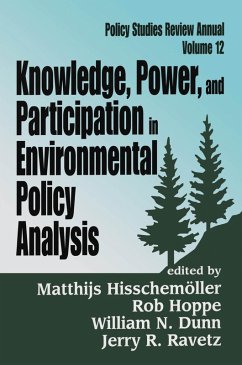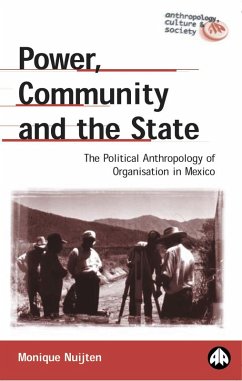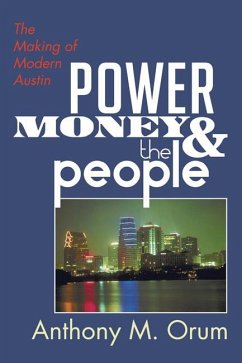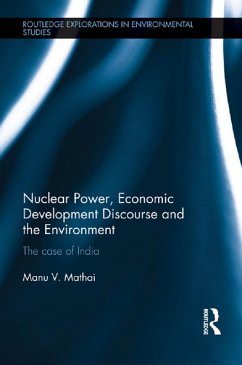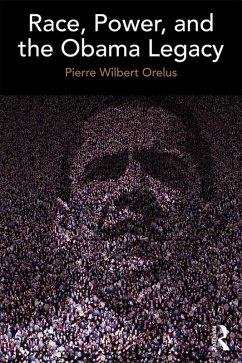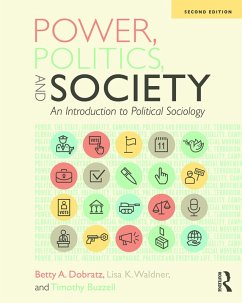
Power, Policy and the Pandemic (eBook, PDF)
Versandkostenfrei!
Sofort per Download lieferbar
41,95 €
inkl. MwSt.
Weitere Ausgaben:

PAYBACK Punkte
21 °P sammeln!
Providing a sociological analysis of the policy response to the COVID-19 pandemic in England, this study places particular analytical emphasis on the interplay between powerful structural interests and the influence on the development of COVID-19 policy. Considering a range of actors, (including the government, scientific experts and the medical profession, the media, and the public) and the nature of their relationships with one another, the authors identify the key sociological aspects that have shaped, facilitated, challenged, or constrained COVID-19 policy in England.Drawing on published d...
Providing a sociological analysis of the policy response to the COVID-19 pandemic in England, this study places particular analytical emphasis on the interplay between powerful structural interests and the influence on the development of COVID-19 policy. Considering a range of actors, (including the government, scientific experts and the medical profession, the media, and the public) and the nature of their relationships with one another, the authors identify the key sociological aspects that have shaped, facilitated, challenged, or constrained COVID-19 policy in England.Drawing on published documentary material, the authors first examine government attempts to contain, delay, mitigate and suppress the spread of the coronavirus with non-pharmaceutical interventions in the absence of a vaccine (during the first wave) and then whilst vaccines were being gradually rolled out (during the second wave and third waves). The focus then shifts on to vaccination policy and the actors central in the design and implementation of the vaccination programme in England. The approach taken to the funding, development, and manufacture of COVID-19 vaccines is also explored and furthermore considers vaccine coverage, vaccine passports, and vaccine nationalism. The authors conclude with a discussion of the overall impact of COVID-19 policy on health and between socio-economic groups and with reflections on the sociologies of pandemics and COVID-19. This book will appeal and be accessible both to policymakers and health service managers and to those studying for undergraduate and postgraduate degrees in the social, medical, and public health sciences.
Dieser Download kann aus rechtlichen Gründen nur mit Rechnungsadresse in A, B, BG, CY, CZ, D, DK, EW, E, FIN, F, GR, HR, H, IRL, I, LT, L, LR, M, NL, PL, P, R, S, SLO, SK ausgeliefert werden.




